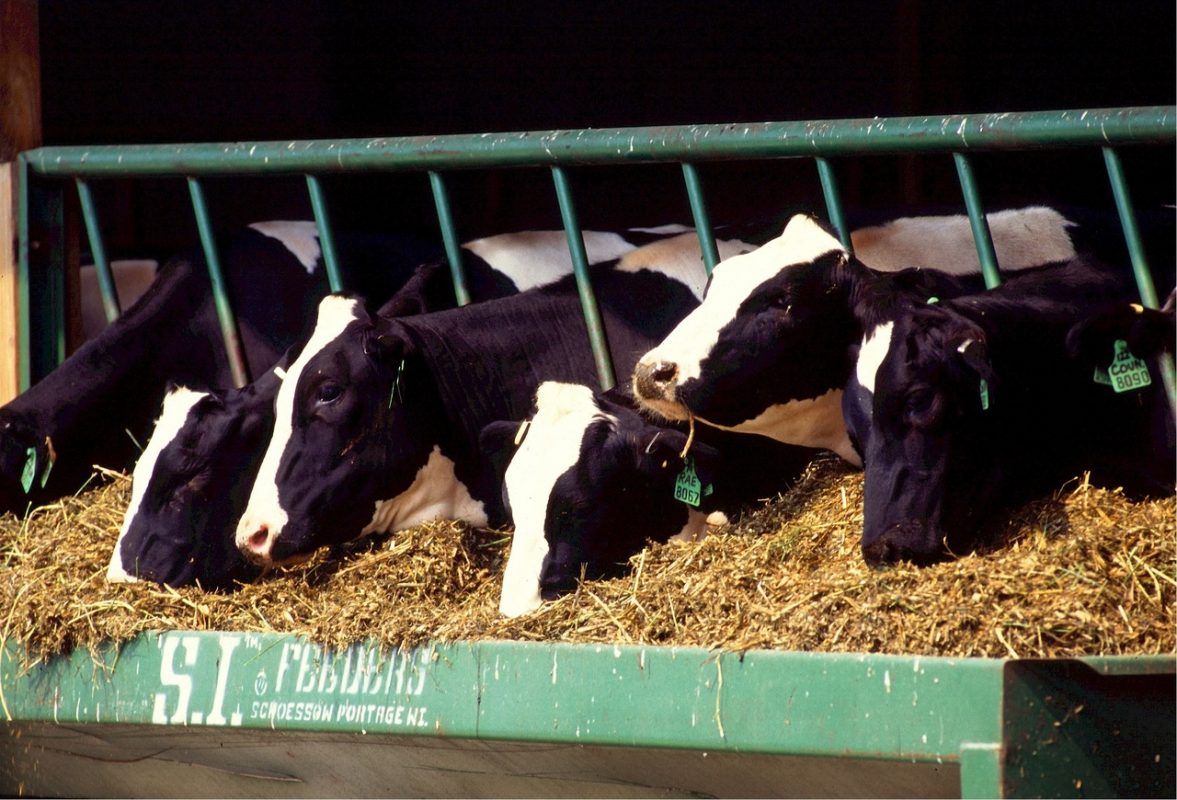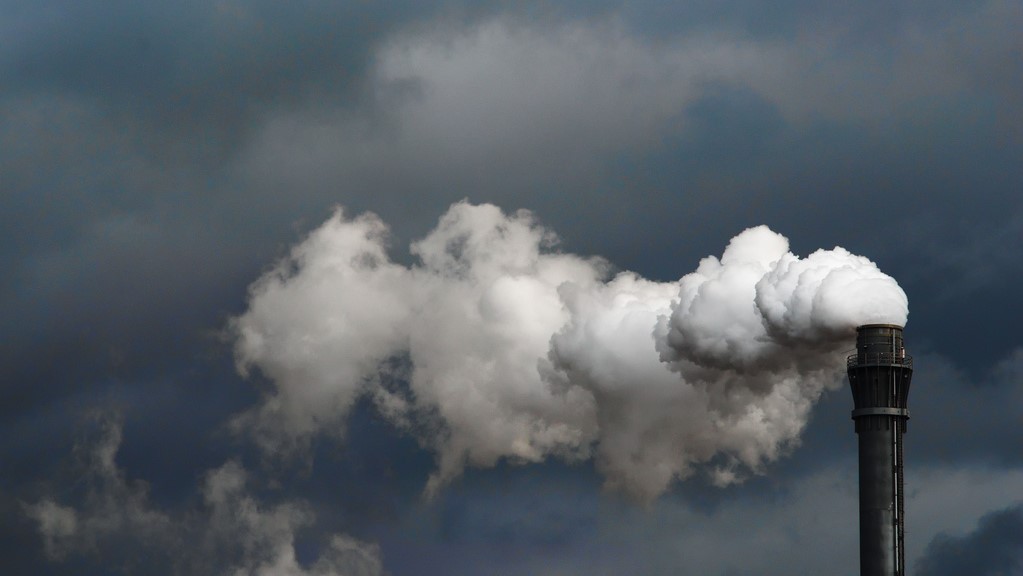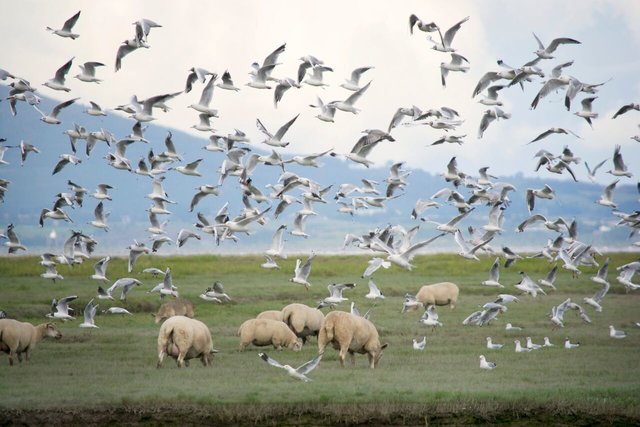Meat and dairy companies set to replace oil industry as world’s largest polluters

July 24th, 2018
Meat and dairy companies are set to replace oil companies as the largest emitters of greenhouse gases, according to a new international report.
The joint analysis from the Institute for Agriculture and Trade Policy and GRAIN examined the climate impact of the planet’s thirty-five largest meat and dairy companies.
Researchers claim that the top five meat and dairy corporations are responsible for more greenhouse gas emissions than BP, ExxonMobil or Shell.
The report adds that if the industries continue down their current path, the livestock sector could be responsible for eighty per cent of the allowable greenhouse gas budget by 2050.
This includes emissions from activities related to growing crops as well as methane emitted directly from livestock.
The report states, however, unlike the energy sector, the big meat and dairy companies escape public scrutiny over their contribution to climate change.
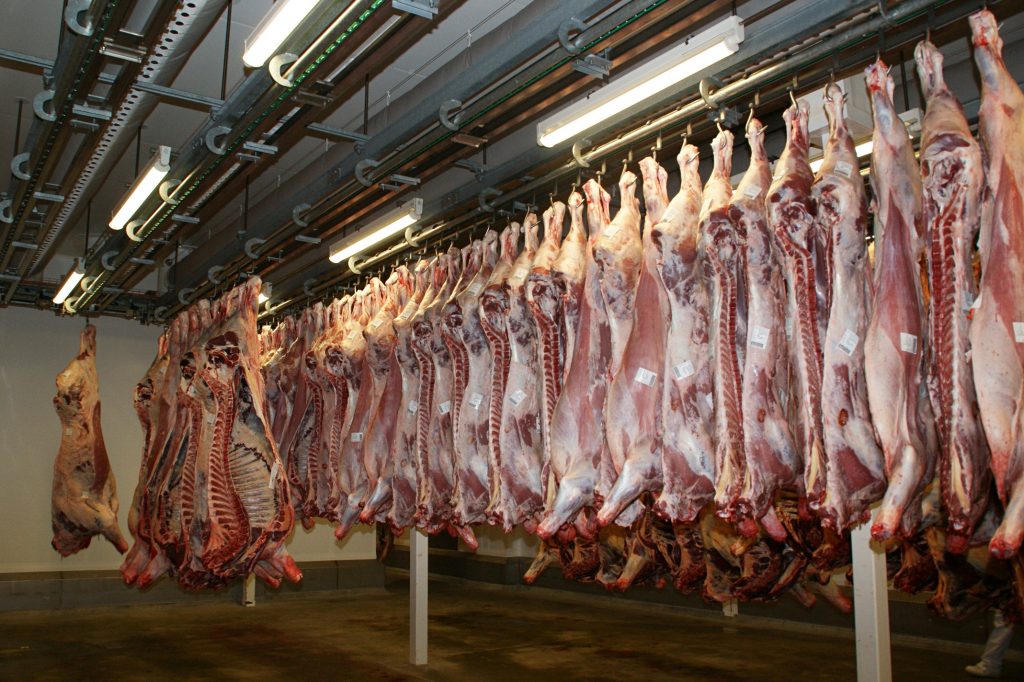
Meat processing facility Photo: Pxhere
The lack of public information on the “magnitude” of their greenhouse gas footprint is one contributing factor, the study states.
The study found that many companies are secretive about their emissions data and often fail to include data regarding their supply chains.
Devlin Kuyek, a researcher at GRAIN, said that meat and dairy production in countries where the top thirty-five companies dominate “must be significantly reduced”.
“These corporations are pushing for trade agreements that will increase exports and emissions, and they are undermining real climate solutions like agroecology that benefit farmers, workers and consumers,” he added.
The majority of meat and dairy production occurs in just a few regions: Argentina, Brazil, the U.S., the European Union, Canada, Australia and New Zealand. Collectively, these countries are responsible for over sixty per cent of global meat and dairy productions, the study finds.
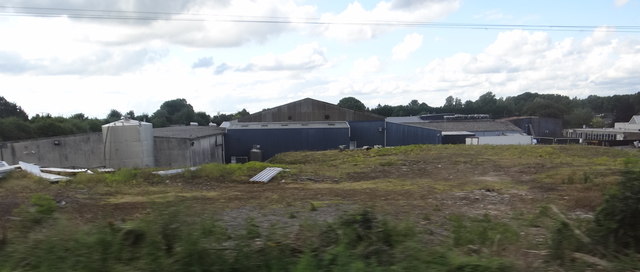
The rear of the factory premises of Rosderra Irish Meats, Clara, Offaly, which features on EPA Priority Sites list Photo: Ian Paterson
Irish agri-food sector compliance issues
The Environmental Protection Agency (EPA) last week called for the Irish agri-food sector needs to improve its environmental compliance record following the release of its Industrial and Waste License Enforcement Report for 2017.
The report indicated that the food and drink sector had the poorest compliance and the highest number of prosecutions last year. A large chunk of the compliance issues related to the risk of water pollution, which the EPA said remains a key issue.
The EPA also published the latest National Priority Sites List for Enforcement, with four of the five sites on the list coming from the agri-food sector.
The agri-food sector has accounted for almost half of all priority sites since the first list was published last year, with Mary Gurrie from the EPA’s enforcement office warning that compliance in this sector “needs to improve”.
[x_author title=”About the Author”]




